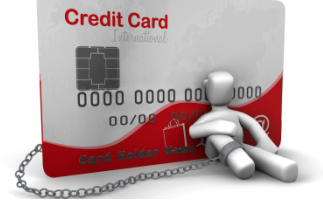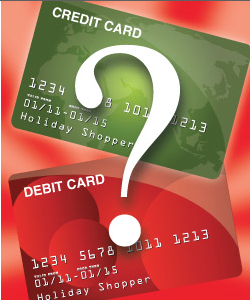
First Step
Find a card that offers a 0 percent introductory balance transfer promotion and transfer your balance to it. These cards often offer new customers as much as 18 months during which no interest is charged on the transferred balances. The experts consistently track all the cards to find that ones offering these terms and there are reviews that are available to the public. Check bankrate.com.
It pays. Think of it: on a $10,000 balance, $100 to $200 of your monthly payment is sucked up by interest, leaving only about $50 to be applied to the principle.
Second Step
After you have found a card that will charge no interest for a certain period of time, use that time to break free of the debt. Continue to make the payments you would have done previously. Add a little if possible. You will see the overall debt dip very quickly.
After having been swimming upstream trying to make headway against your credit card debt, you’ll see immediate improvement. There simply is no way to make inroads until the high interest can be eliminated as a factor. Use this formula and then repeat the process with additional credit cards to see real progress.
